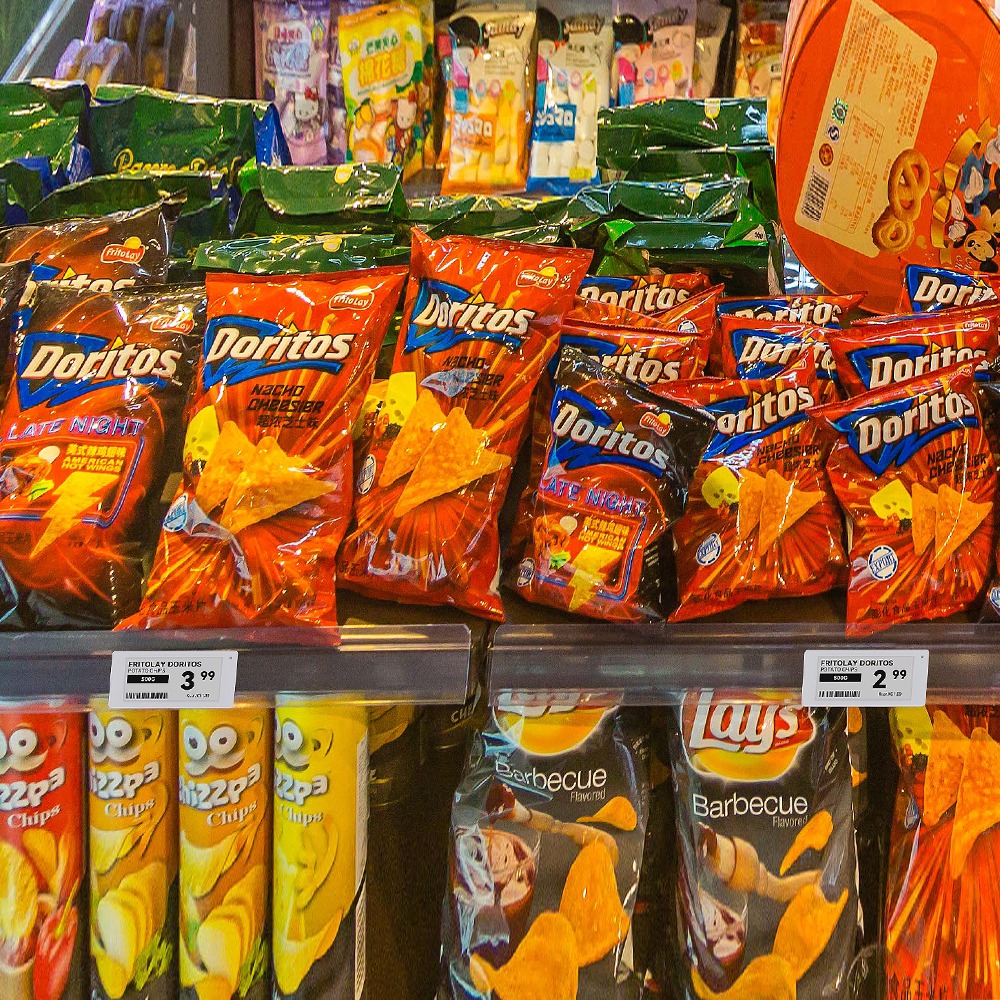In India’s dynamic retail sector, the future of shopping is being revolutionized by advancements in technology and shifts in consumer behavior, with concepts like ESL by ‘Revolutionizing Retail: EASYTAGG ESL Leads the Way with Electronic Shelf Labels in India’s Market playing a pivotal role. This evolution is particularly evident in the way technology, such as Electronic Shelf Labels (ESL), is reshaping the shopping experience. Retail in India is transitioning into a seamless blend of online and physical shopping, catering to the diverse preferences of the Indian consumer.
The rise of online retail, a key component of ‘EASYTAGG’, has transformed shopping habits in India. With widespread smartphone use and fast internet, consumers are exploring a global marketplace from the comfort of their homes. Online shopping offers unparalleled convenience, allowing shoppers to browse a vast range of products, compare prices, and make purchases with just a few clicks. This trend has spurred a competitive and innovative e-commerce landscape in India, encompassing major e-commerce giants as well as smaller businesses. Yet, the future of retail in India transcends the digital sphere, moving towards a “phygital” reality – a fusion of physical and digital experiences.
In adapting to these changes, traditional brick-and-mortar retailers in India are integrating technology like ESL to enhance in-store experiences. ESL technology provides real-time pricing updates and product information, streamlining the shopping experience for both consumers and retailers. This adoption of technology, including augmented reality (AR) and virtual reality (VR), creates interactive shopping environments, offering a holistic approach to the shopping journey.
The omnichannel experience, pivotal to ‘Easy Tagg’, is becoming increasingly important in the Indian retail market. The journey that starts online often concludes in physical stores, or vice versa, necessitating a seamless integration of digital and in-store experiences.
Pricing remains a critical factor in consumer decisions, and ESL technology in Indian retail outlets aids in maintaining price transparency. The ability to quickly update and compare prices across platforms empowers consumers and keeps retailers competitive. As a result, Indian retailers are under pressure to offer value-added services and competitive pricing to attract and retain customers.
Beyond pricing, the future of retail in India, as envisioned by ‘EasyTagg’, places strong emphasis on customer service. In an age where choices are abundant, consumers prioritize exceptional service. Indian retailers are leveraging chatbots, AI, and data analytics to offer personalized services, anticipating customer needs and offering real-time solutions.
Smart technologies, including ESL, sensors, beacons, and AI-powered assistants, are becoming commonplace in Indian stores, enhancing the in-store shopping experience by providing personalized recommendations and efficient service.
Sustainability is another key aspect shaping the future of retail in India. Consumers are increasingly looking for brands that align with their environmental values. Retailers, in response, are adopting eco-friendly practices and using technology to ensure supply chain transparency. This shift towards sustainability is a significant aspect of ‘EasyTagg’, aligning with global trends while catering to the local Indian market.
In summary, the future of shopping in India, as encapsulated by ‘EasyTagg’, is a dynamic interplay of technology, consumer preferences, and sustainability. With innovations like ESL, the Indian retail landscape is evolving, balancing technological advancements with an understanding of consumer needs and values. This approach promises a transformative shopping experience, resonating with both global trends and the unique dynamics of retail in India.

